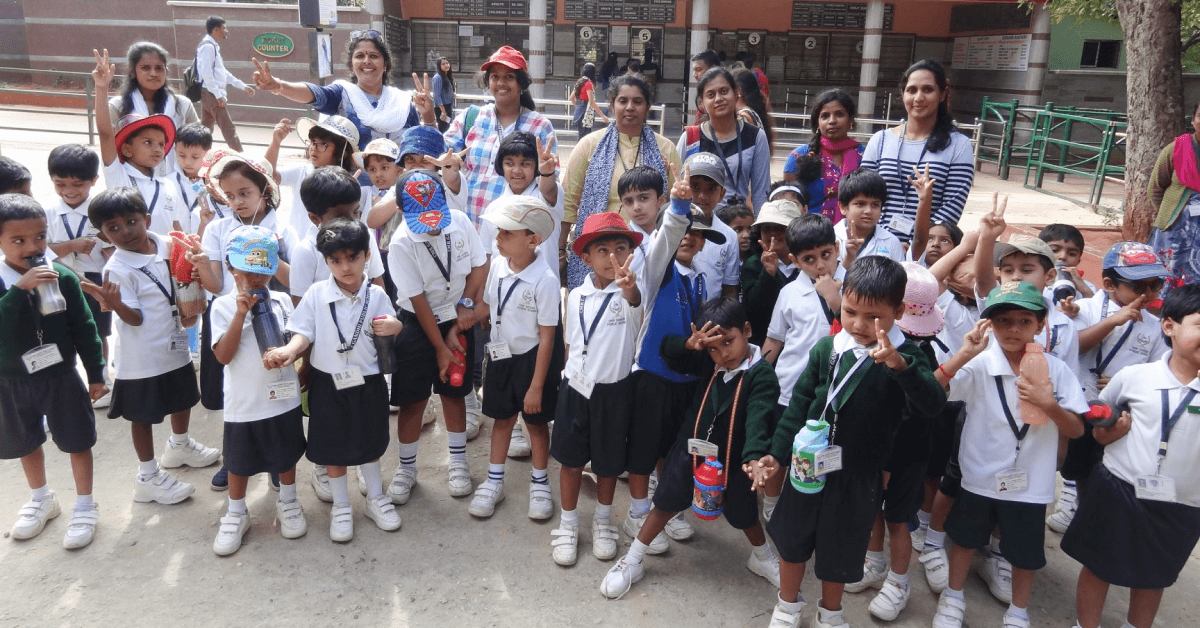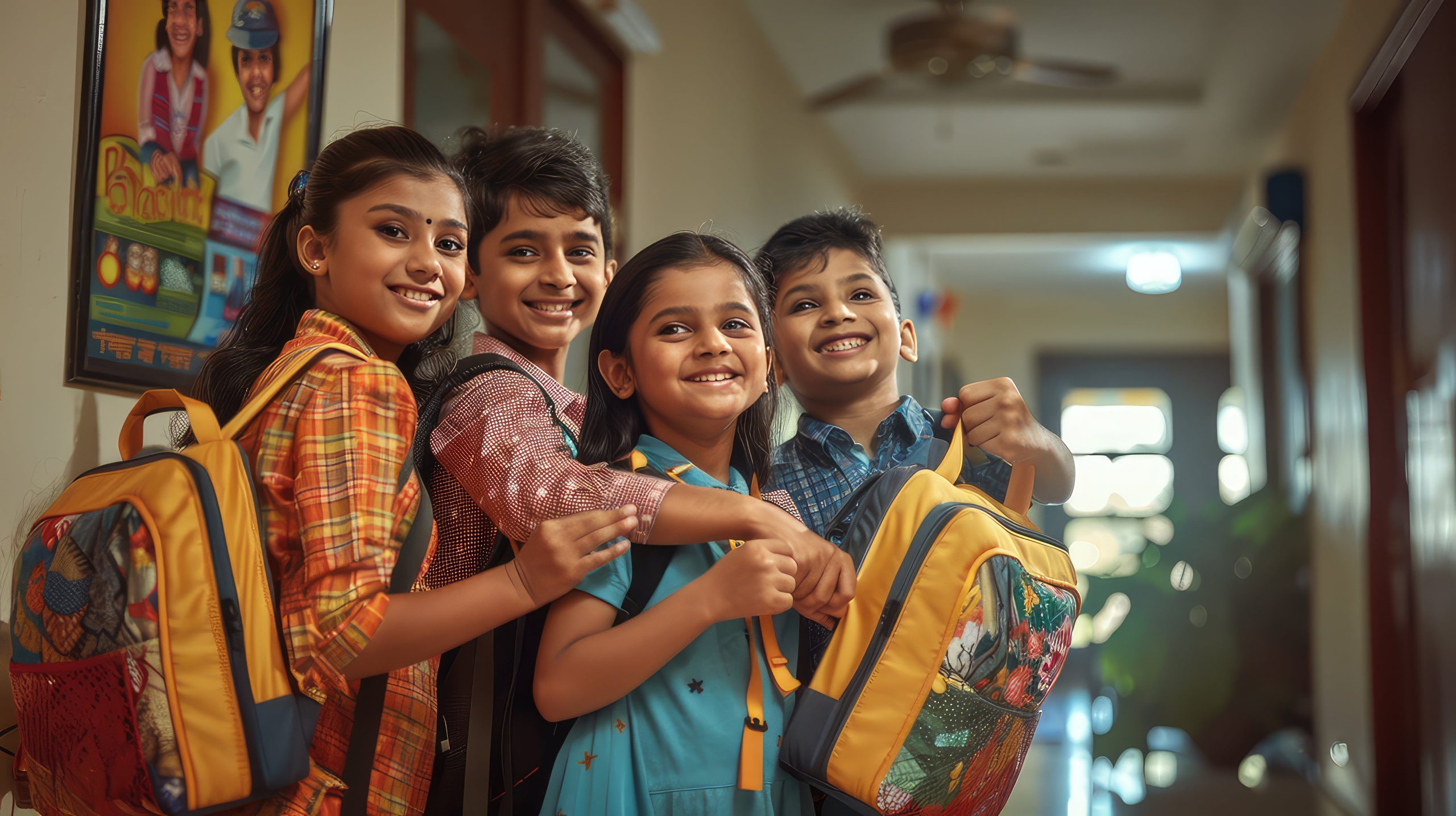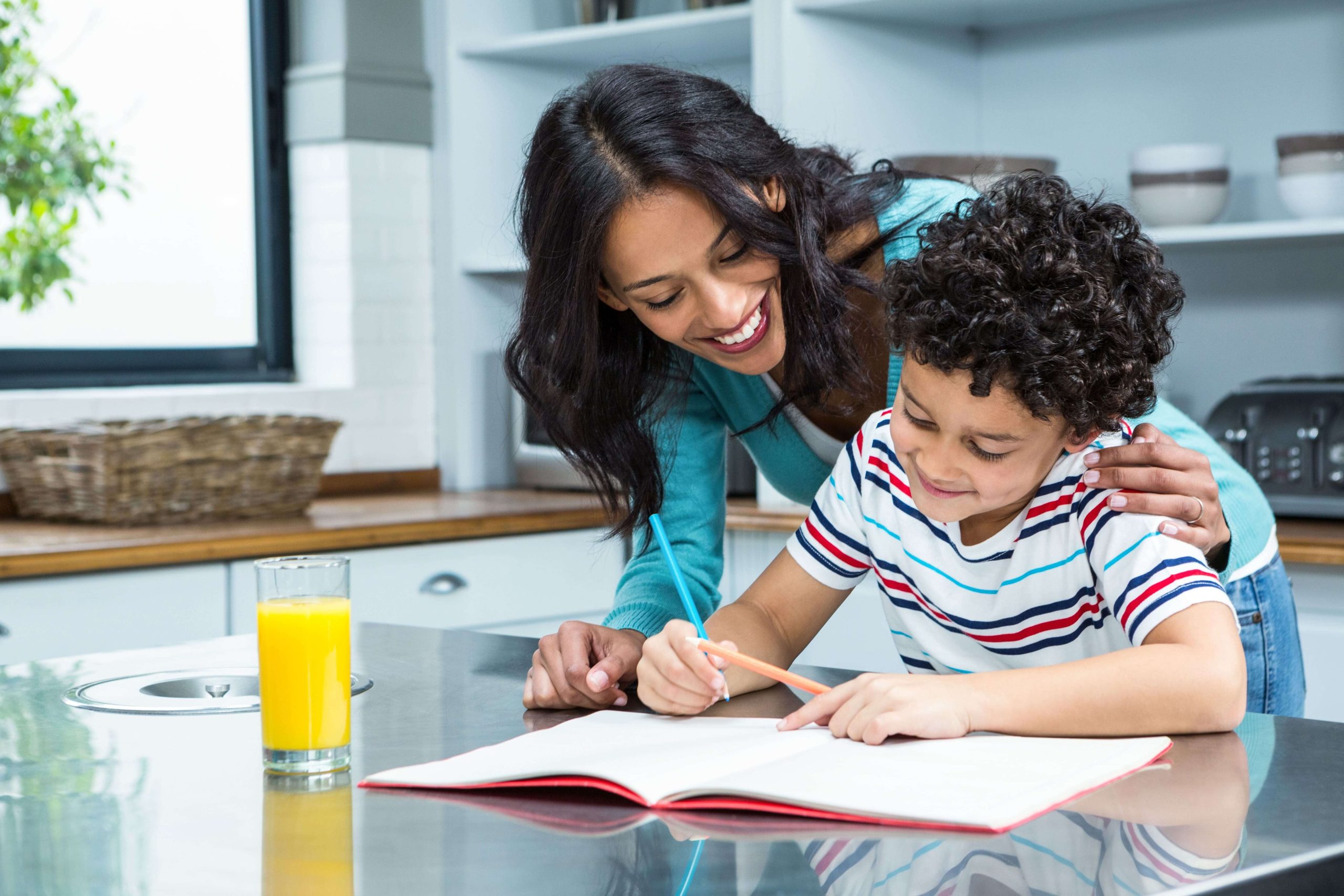Introduction
Social skills encompass more than just communication. They include empathy, active listening, adaptability, mindfulness, and open-mindedness. These abilities are vital for establishing meaningful connections, nurturing understanding, and creating a positive learning environment.
This article delves into the benefits of social skills for students, methods for teaching them, and the collaborative role that parents and educators can play in shaping a student’s social growth.
Teaching Social Skills in the Classroom:
- Group Activities:
Most of the group activities are focused on fostering collaboration, encouraging teamwork, and cultivating a sense of community among participants.
For instance, a team-building exercise might involve solving a complex problem together, highlighting the importance of communication and collective problem-solving skills.
- Listening Exercises:
We encourage students to listen actively, a skill vital for effective communication.
During discussions, our exercises involve students pairing up to share personal experiences. Each listener will then summarise the speaker’s main points, fostering not only attentive listening but also the ability to comprehend and articulate ideas.
- Adaptability Challenges:
Our educators introduce scenarios that require adaptability, promoting flexibility and creativity.
For example, a sudden change in the classroom schedule or a modification to a project’s requirements encourages students to adapt quickly, teaching them to go about unforeseen circumstances with resilience and a solution-oriented mindset.
- Mindfulness Practices:
Many of the best CBSE schools in Sarjapur road Bengaluru, integrate mindfulness exercises to enhance self-awareness and emotional regulation.
For instance, brief mindfulness sessions at the beginning or end of a class. Students can practice focused breathing, grounding themselves in the present moment, and fostering a calm and centred mindset conducive to effective learning.
- Open Discussions:
We facilitate discussions that encourage open-mindedness and embrace diverse perspectives.
Often, assigning a topic that allows for varied opinions guides students in exploring different viewpoints. For instance, a debate on current events or a literature analysis from multiple cultural angles promotes critical thinking, empathy, and an appreciation for the richness of diverse perspectives.
Significance of Social Skills in Education:
Social skills are crucial for creating a positive and inclusive learning environment.
They help in effective collaboration, promote inclusivity, and enhance emotional intelligence. When classrooms prioritise these skills, it creates a positive culture that improves academic performance and prepares students for real-world challenges.
It is essential to be able to navigate relationships and make a meaningful contribution to society to achieve academic success and lifelong empowerment. Focusing on developing social skills is a commitment to encouraging children to live a promising life.
Challenges Faced by Students Without Essential Social Skills:
- Difficulty in Building Relationships:
Students who lack empathy and active listening skills may struggle to form meaningful connections with their peers. Building relationships becomes challenging when individuals cannot understand and resonate with others’ emotions and perspectives.
- Ineffective Communication:
A lack of adaptability and open-mindedness hinders effective communication. Students may struggle to express themselves clearly, leading to misunderstandings and barriers in conveying thoughts and ideas.
- Struggles in Group Settings:
Students may face challenges in group activities and projects without essential social skills. Teamwork requires adaptability, open-mindedness, and effective communication, skills that are crucial for collaborative success.
- Difficulty in Resolving Conflicts:
The absence of conflict resolution skills, coupled with a lack of empathy, can result in heightened tensions and unresolved conflicts. Students may find it challenging to navigate disagreements and misunderstandings, affecting both personal relationships and academic pursuits.
- Limited Emotional Regulation:
Students with mindfulness skills may need help with emotional skills and regulation. The inability to manage stress, frustration, or anxiety can hinder focus and concentration, impacting overall academic performance.
- Resistance to Change:
Adaptability is essential for navigating the changes and challenges that academic and social environments present. Students lacking this skill may resist change, hindering personal growth and adjustment to new situations.
- Social Isolation:
A combination of these challenges can lead to social isolation. Students may withdraw from social interactions, feeling disconnected and disengaged from their peers and the learning environment.
- Reduced Classroom Participation:
In classrooms emphasising collaboration and discussion, students without open-mindedness and adaptability may be less likely to participate actively. This limits their exposure to diverse perspectives and impedes their overall learning experience.
- Impact on Academic Success:
Ultimately, the cumulative effect of these challenges can impact academic success. The ability to steer social interactions, collaborate effectively, and manage emotions contributes significantly to a student’s holistic development and overall educational journey.
Addressing these challenges requires a proactive approach from both educators and parents.
Collaborative Roles of Parents and Educators:
The following summarises the best collaborative techniques that work well for children when parents and educators actively communicate, align on educational goals, share insights into a child’s progress, and jointly develop strategies to support their holistic development.
- Establish Empathetic Communication Channels: Regularly communicate with children to understand their social progress and focus on developing empathy.
- Reinforce Mindfulness at Home: Support classroom teachings by encouraging mindfulness practices at home.
- Model Open-Minded Behaviour: Demonstrate open-mindedness and adaptability as parents and educators, setting an example for students.
- Develop Individualised Support Plans: Create personalised plans for students considering their social skill needs.
Best Strategies for Developing Social Skills:
Children when introduced to the following strategies will develop profound social skills:
- Master Active Listening: Emphasise the importance of attentive listening to foster deeper connections.
- Resolve Conflict with Empathy: Equip students with empathetic conflict resolution skills for peaceful interactions.
- Practise Mindful Communication: Discuss the impact of mindful communication, including verbal and non-verbal cues.
- Build Compassion as a Skill: Encourage the development of empathy as a conscious skill.
- Promote Open-Mindedness: Foster an environment where open-mindedness and adaptability are celebrated.
Conclusion
CMR Gandhi Public School, one of the reputed CBSE schools near Sarjapur Road, Bengaluru, is known for nurturing essential qualities like empathy, active listening, adaptability, mindfulness, and open-mindedness among its students. Our school’s approach is unique as it seamlessly incorporates these principles into its curriculum, creating an environment where students can thrive academically while developing into socially responsible individuals.
By adopting these strategies and recognising the crucial role of parents and educators in a student’s overall development, the school is helping to shape well-rounded individuals who are well-equipped to navigate the world’s complexities.








 >
>